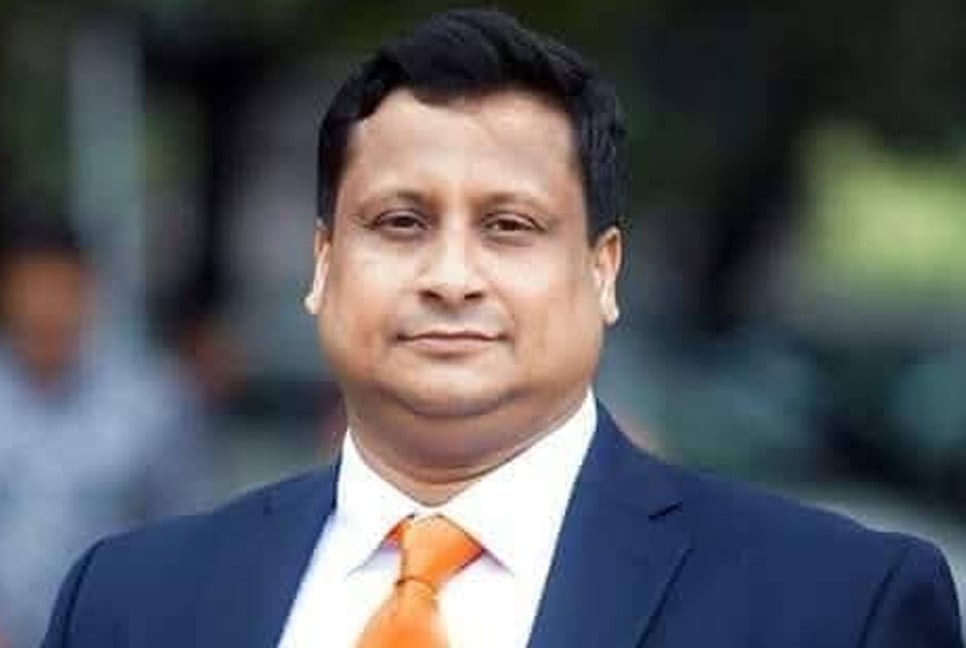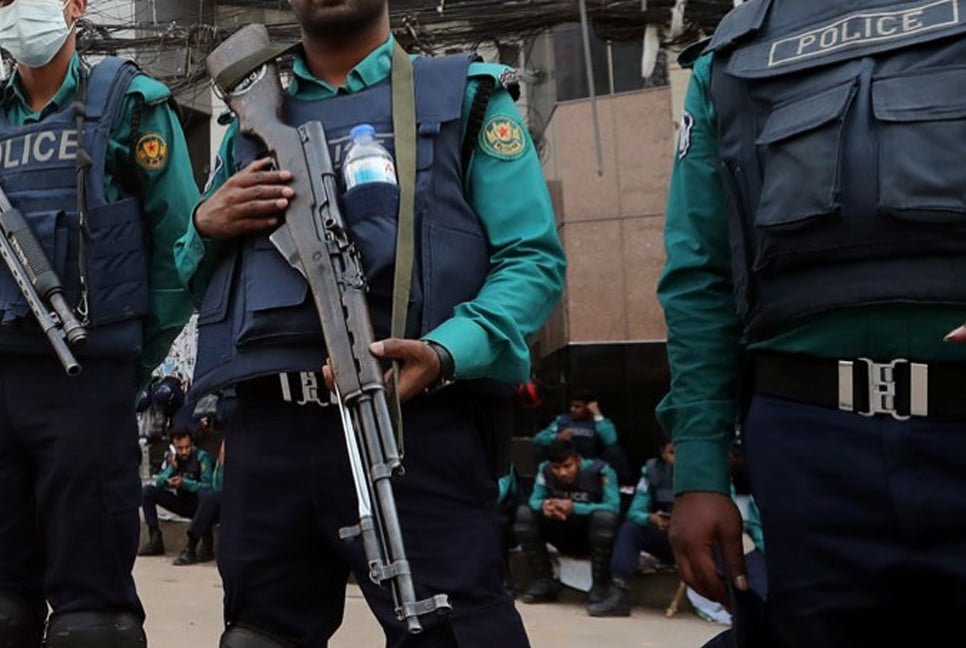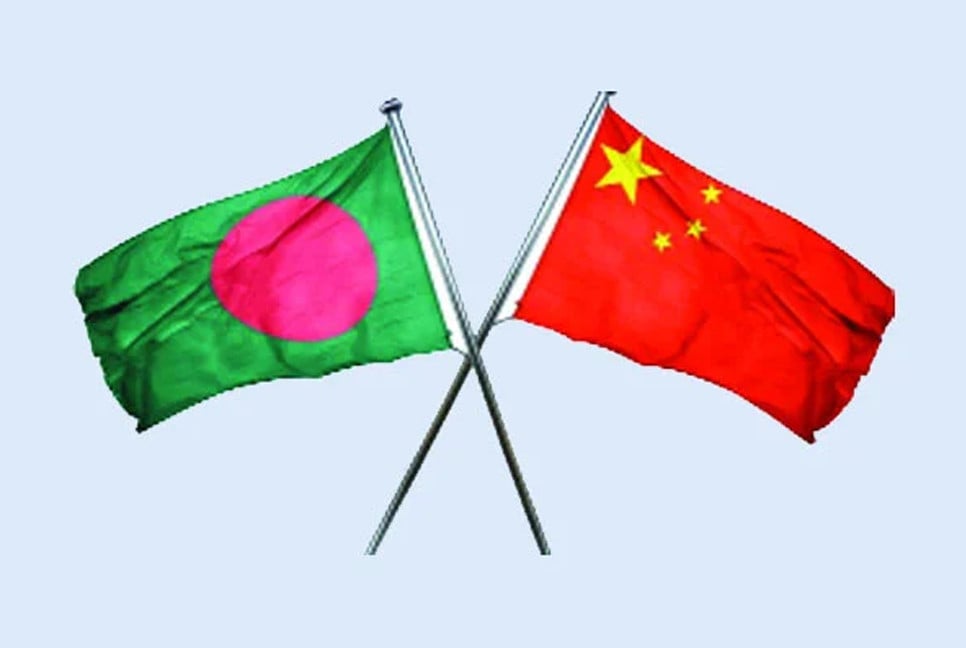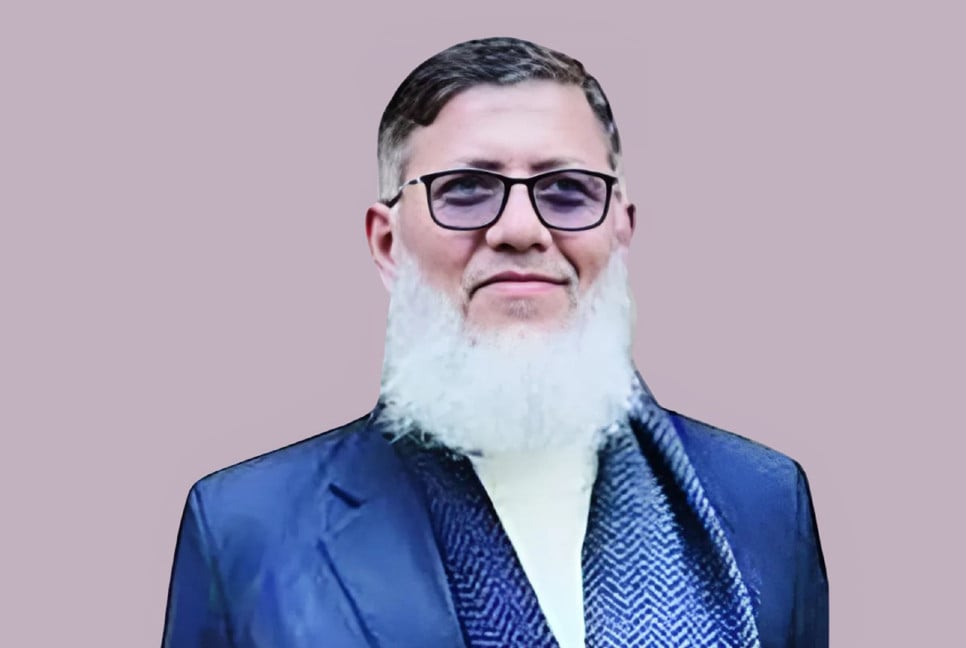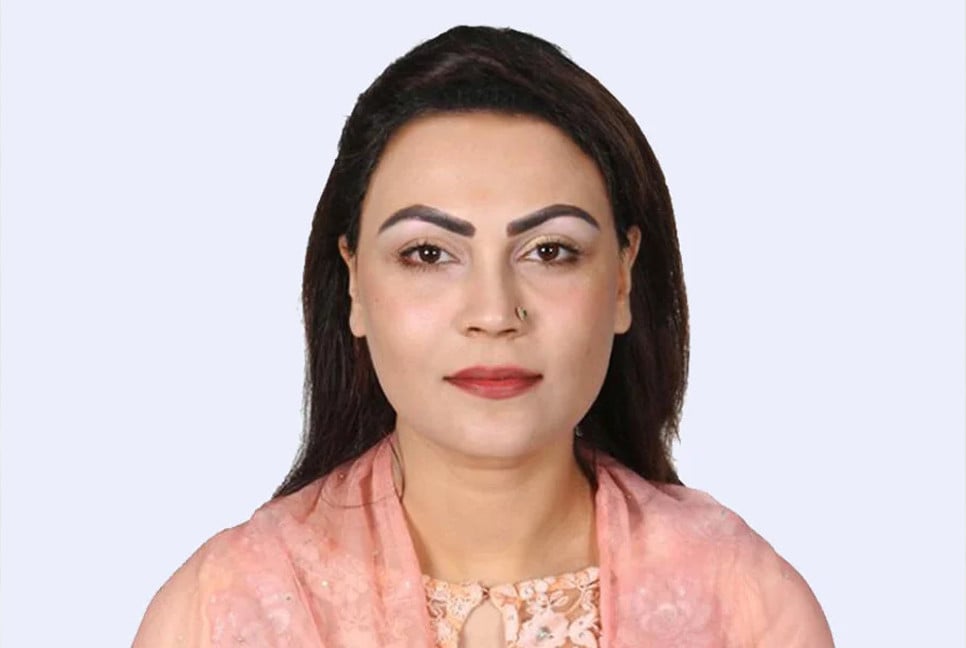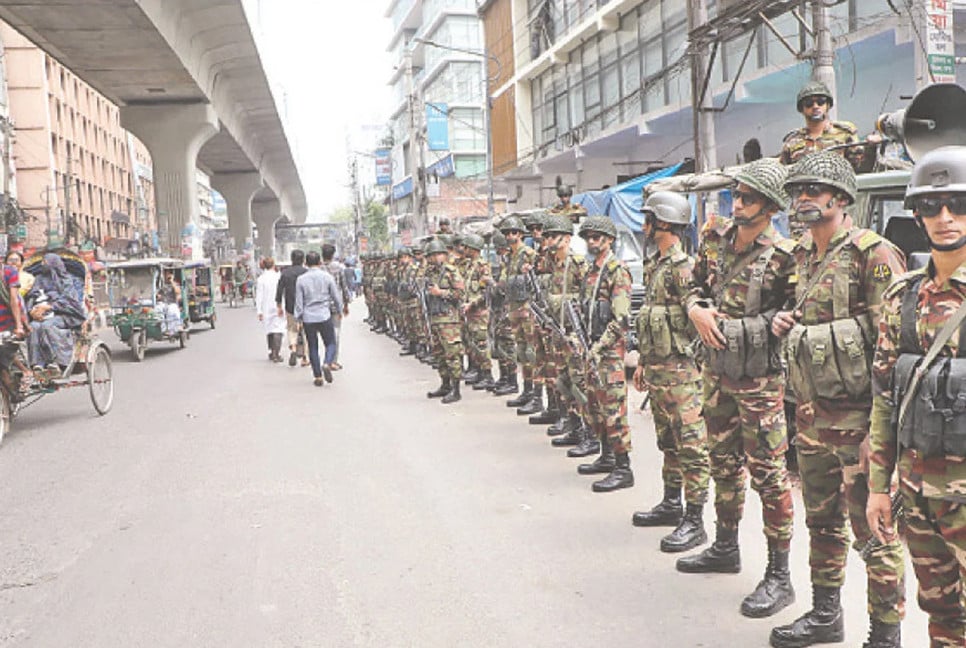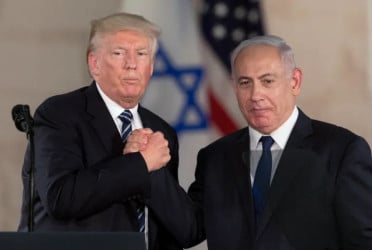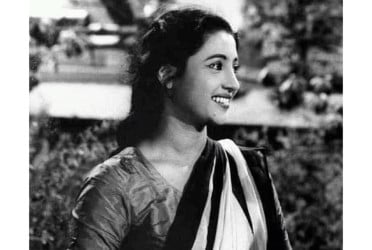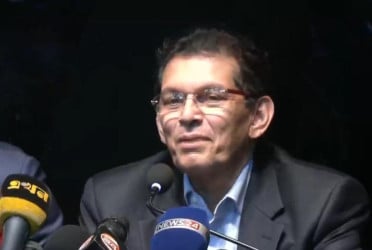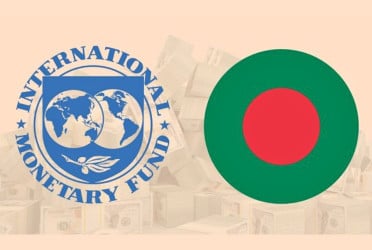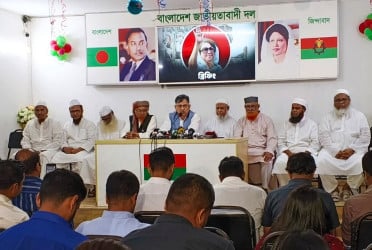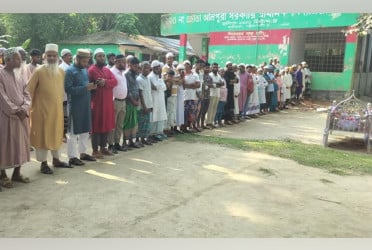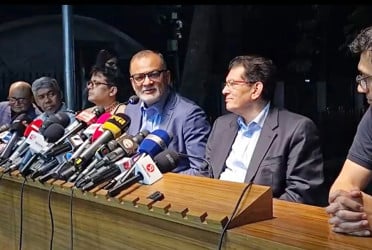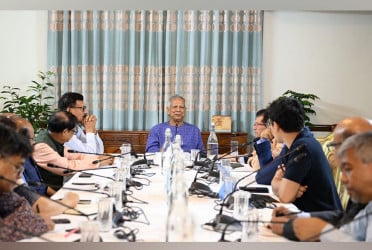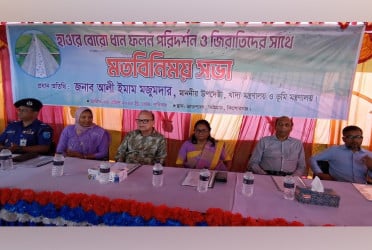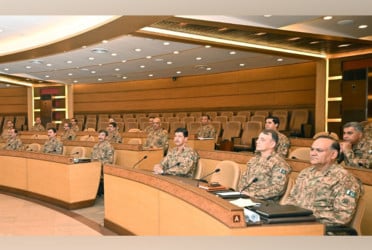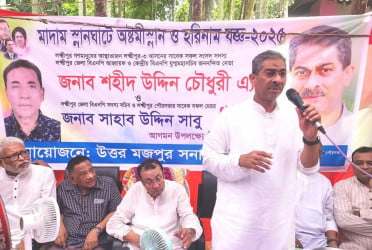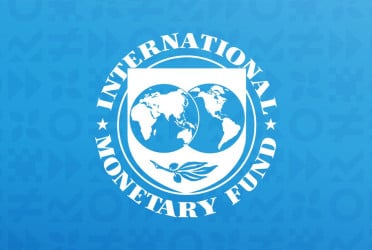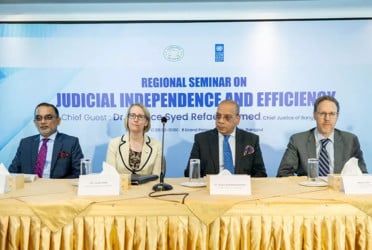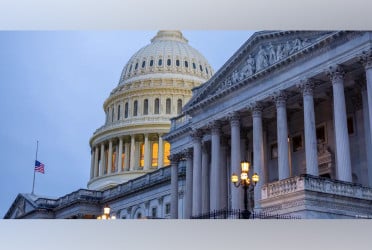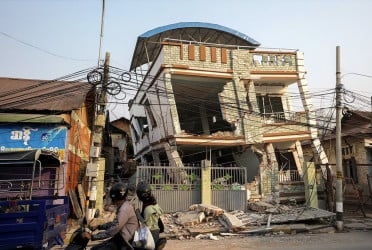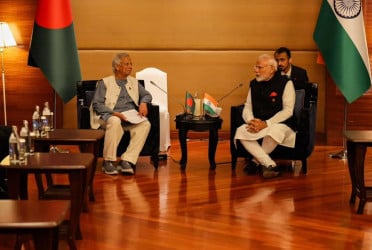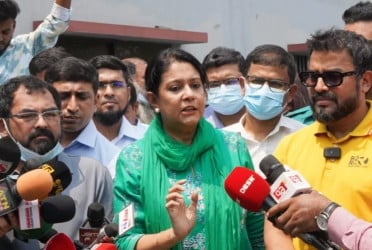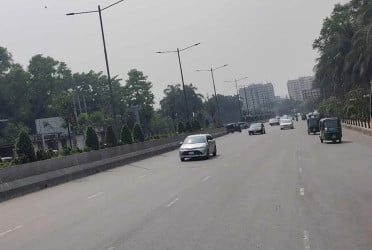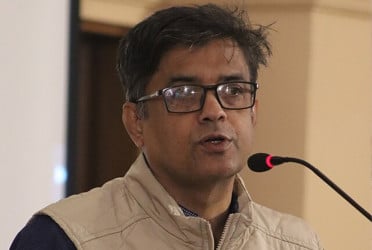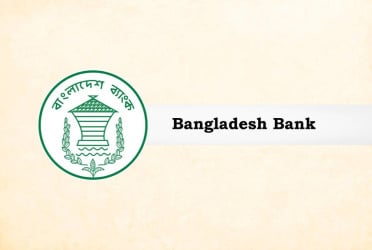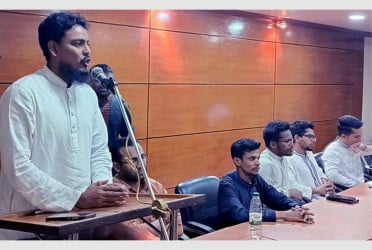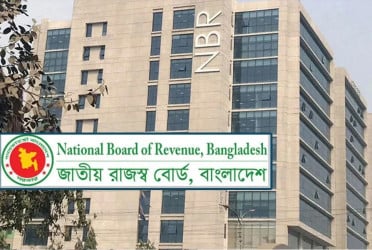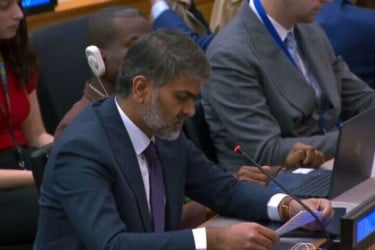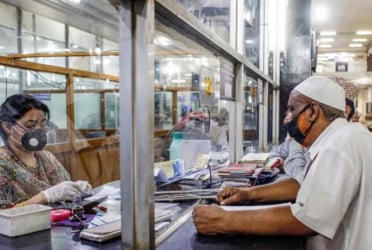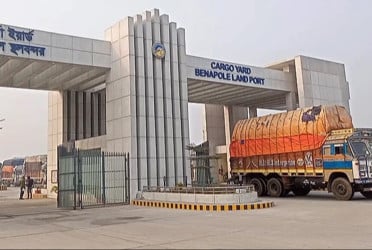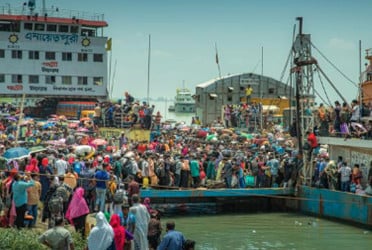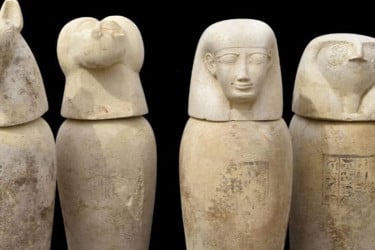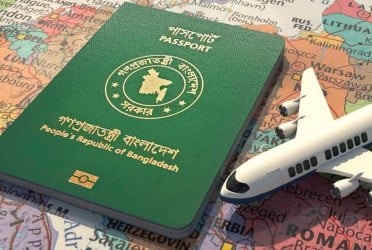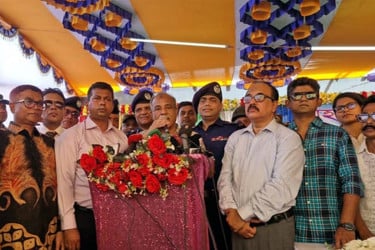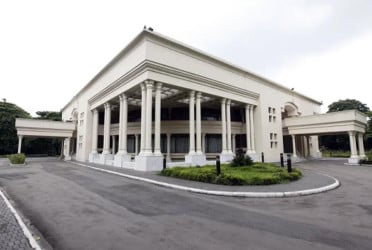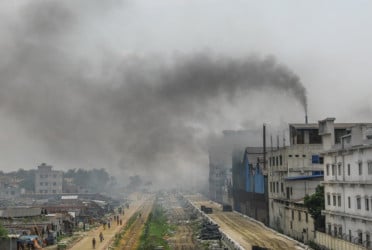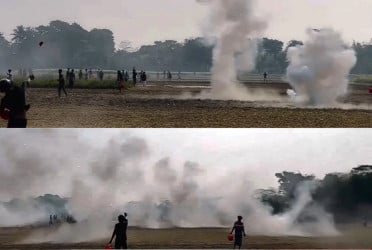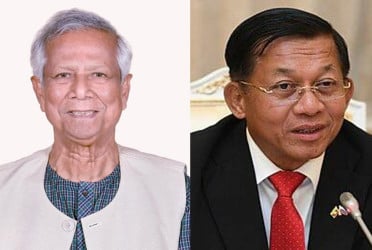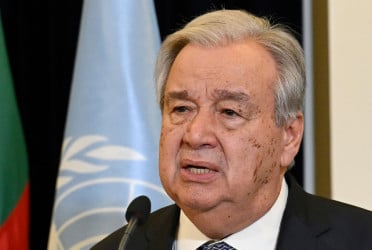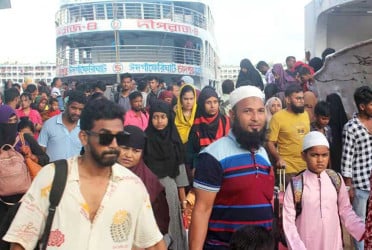The 24th July Uprising marks a significant moment in Bangladesh's history. It represents the united cry of a nation rising against a fascist regime. This movement brings back the lost freedom and revitalizes democracy. The voices of 17 years of suppressed humiliation and deprivation are finally spoken out loud. The suffering people find solace.
I believe that through this, an opportunity has been created for Bangladesh, which had lost its way, to return to its true path. This is the path shown by the great proclaimer of independence, martyred President Ziaur Rahman. During his brief four years in power, he established the groundwork for Bangladesh, which defined the true direction for its modern future. After overcoming many ups and downs, Bangladesh will once again take steps toward its desired destination; it is now just a matter of time.
As Bangladesh has emerged in this changed form, the name of battlefield hero and visionary leader, President Ziaur Rahman, has become especially pertinent. Therefore, on his 89th birth anniversary, I am writing this brief piece. Just as the July Uprising united people from all walks of life under one banner, stirring the nation's men, women, and children with a sense of selfless patriotism, it truly embodied the vision of Martyred Zia. After assuming leadership in the altered political landscape of 1975, he intended to shape a Bangladesh in this way.
In the process of rebuilding the state, he did not differentiate based on political affiliation, religion, or caste, but prioritized patriotism and responsibility. From the concept of "One country, one nation," he introduced Bangladeshi nationalism. The core principle of this ideology was not division based on religion, ethnicity, caste, or class, but that everyone, from the mountains to the plains, and from farmers to elites, would share one identity: we are all Bangladeshis.
In the words of martyred Zia, "In religion, we are Muslims, Hindus, Buddhists, Christians; in language, we are Bengalis, but together we are Bangladeshis."
His expansive and inclusive vision swiftly established a unique identity for Bangladesh on the global stage. His simple yet smart lifestyle and remarkable wisdom in governance had a profound impact on the common people in a very short time. Internationally, he gained recognition as a visionary leader. His dedication to the country, his deep sense of responsibility, and his tireless efforts for its progress earned him the reputation of being the "Rakhal Raja (Shepherd King)" among the people of Bengal.
In his personal life, Zia was humble, polite, and selfless. He was a man of few words and was extremely frugal. Whether in his family or in governmental affairs, he always chose logical, economical, yet tasteful options. He never liked luxury in any form.
In his words, "The people of my country are poor, the public is poor; I should not indulge in luxury at their expense. Government money is the people's money."
In essence, President Zia never thought of anything beyond the welfare of the country and its people. Time and circumstances, however, never afforded him the chance to pursue anything else. When he took charge of the country after the war, the people were filled with dreams and expectations of change.
People were eager to break free from the widespread corruption and oppression of Sheikh Mujib's era. Although Ziaur Rahman came from a military background, he quickly grasped the concerns of the common people. This understanding drove him to commit himself to the task of nation-building. He adopted a 19-point reform plan for the state. In addition to establishing a multi-party democracy, he focused on advancing various sectors such as agriculture, industry, education, healthcare, science, and technology, while also introducing new areas for national development. Simultaneously, he urged every citizen to contribute to the country's progress in their own way.
The people embraced Martyred Zia’s call, seeing him as a genuine savior in contrast to the humiliation, deprivation, and corruption of the Mujib era. Consequently, they all answered his call and became part of the development movement.
Farmers put in relentless effort, day and night to improve their farming. Laborers dedicate themselves with genuine commitment to their work. Teachers bring creativity and innovation into their lessons. Doctors blend expertise with care and empathy in their work. Scientists stay absorbed in their labs, fueled by the quest for new breakthroughs. In this manner, from government officials to employees and from workers to farmers, everyone gives their best to help the country progress. Leading from the front, our “Rakhal Raja (Shepherd King)” continued to guide as a true leader.
In this context, the spirit of the July Uprising is completely in harmony with the career of Martyred Zia.
During the entire period of Sheikh Hasina’s fascism, the people of this country reverted to the old Baksal era. Their freedom of thought and even the freedom to speak were severely restricted. The political environment became stifled.
Exceeding the expectations of the common people, Hasina mirrored her father Mujib’s actions and transformed into the Pharaoh of the modern era. Employing extreme tactics of repression and cruelty to silence dissent, the Hasina government strengthened its grip on power. Although millions in the country do not belong to the Awami League, they seemed to ignore this truth. Consequently, alongside party-led goon squads, law enforcement agencies made relentless efforts to eradicate the opposition.
Gradually, the dark age of Awami ignorance descended upon the country. Though people remained silent out of fear for their lives, they secretly harbored the fire of rebellion in their hearts. Every sarcastic word from Hasina fueled that fire. Unknowingly, in this way, she had created massive volcanoes all around her—something this fallen dictator may have never even imagined.
At last, the much-anticipated call arrived. The spirit of rebellion ignited within the student community, rapidly spreading throughout the country. The call for a Bangladesh free of inequality, a vision held by Martyred President Ziaur Rahman, was now echoed by the students of this generation.
People of all ages, from children to the elderly left their homes and joined the movement to overthrow the dictatorship. Such an unprecedented unity had never been seen in this country before.
No one could have ever imagined that the internal enemies of the country could be so dangerous after the Liberation War. However, the events of July 24th brought this harsh truth to the forefront, leaving us stunned and in awe.
Our new generation has been stunned but they did not give up. Standing in front of bullets, they sang the song of victory in life. They proved that this country will never tolerate inequality, and the people of this country will never accept fascism, by shedding their fresh blood. They desired a prosperous and developed Bangladesh—a Bangladesh where there would be no class discrimination, where plundering and corruption would be eradicated, and equality and justice would be ensured for all.
Several decades ago, it was the visionary leader and founder of modern Bangladesh, Martyred President Ziaur Rahman, who laid the foundation for the Bangladesh we see today.
On his 90th birthday, a heartfelt salute is offered to the eternal revolutionary—O eternal revolutionary. Happy birthday.
Bd-pratidin English/ Translated by Afia

